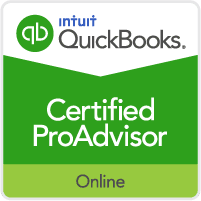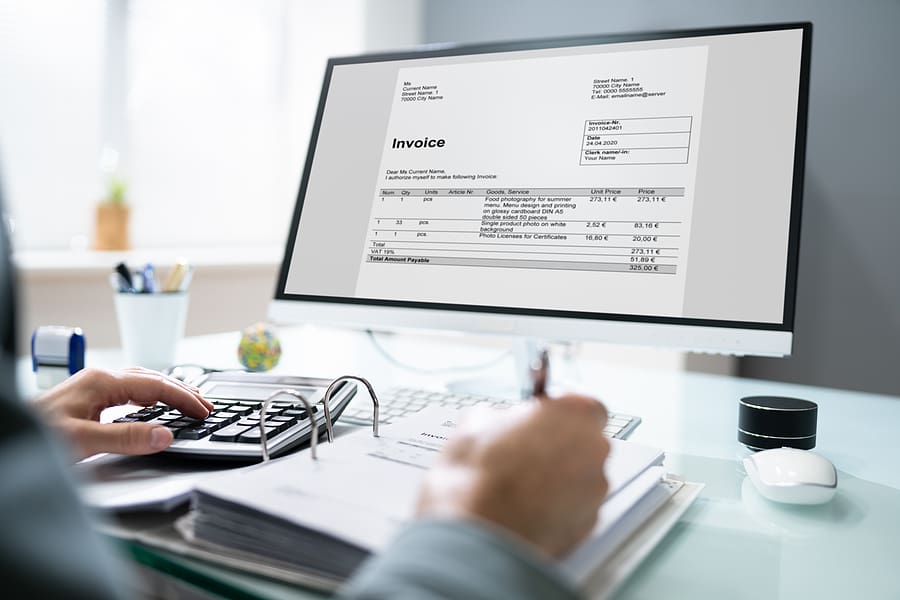Common Payroll Tax Audits and How to Prepare for Them
When you are running a business, regardless of the size, you need to be prepared for any and all taxes that need to be paid. One of the most important taxes for businesses is payroll tax. These are the taxes that are paid by you as the business owner on behalf of the employee and include all withholdings including Social Security and Medicare. Because tax regulations change frequently, mistakes can happen, and when they do, you may find yourself facing a payroll tax audit. If that happens, the best way to face it is to be prepared.

Types of Payroll Tax Audits
There are several types of payroll tax audits, and it’s important to understand which audit you are facing. The IRS will send a notification letter outlining the scope of the audit, the timeline, and what documents are needed. In all audits, you will need to have all your tax paperwork handy and be prepared to answer questions about your payroll tax filing.
- Desk Audit: this is an in-person interview and review of the taxpayer’s records, which will typically take place at a local IRS office.
- Field Audit: this is also an in-person interview and review of the taxpayer’s records, but will typically involve an IRS auditor coming to the taxpayer’s place of business.
- Comprehensive Payroll Tax Examination: a comprehensive payroll tax examination, as indicated by the name, is a thorough review of all payroll tax documentation.
Comprehensive Record Keeping
The best way to prepare for an audit is by maintaining comprehensive, accurate, and thorough payroll records, including documenting employee information, wages, benefits, and tax withholdings. During the audit process you will be required to have all this information ready and easily accessible, and this will be far easier if you have paid the appropriate attention to consistent record keeping and organization throughout the fiscal year. Make sure everything the auditor will require is accurate and up to date.
Compliance with Tax Laws and Regulations
One of the most common reasons for a payroll tax audit is inadvertent noncompliance with current local, state, or federal payroll tax laws. It is crucial to stay aware of payroll tax laws and regulations that apply to your business, including classification of employees, calculating and withholding the correct amount of tax, and submitting on-time and accurate payroll tax returns. Failure to comply can result in significant financial penalties and fines, damage to the reputation of your business, and even legal action.
Classification of Workers
Many payroll tax audits have to do with the proper classification of workers as employees or independent contractors. If you have made any errors, such as classifying employees as contractors or vice versa, this can lead to penalties and fines as well as back taxes owed. If your review of worker classification indicates any errors, make note of the mistakes, take immediate corrective measures, and work with the IRS auditors to address any potential penalties or fines. When you notice an error, do not wait for the audit to address the correction.
Accurate Calculation of Taxes and Withholdings
Another potential red flag that can trigger a payroll tax audit is miscalculation of taxes and withholdings. A simple clerical or math mistake can cause a far bigger issue when it is missed before filing payroll taxes. To prevent costly errors, work to ensure precision in calculating and withholding payroll taxes and compliance with Social Security, Medicare, and income tax withholdings. As with other mistakes, make sure to take the necessary steps to correct any errors as soon as they are discovered, and let the IRS know about the issue and what you have done to remedy the situation.
Timely Filing and Payment
Staying current with deadlines for filing payroll tax returns and making all necessary tax payments on time is the best way to avoid a potential payroll tax audit. Late filings and payments can increase the risk of a payroll tax audit. Late or missed payments will result in penalties and interest charges, and these additional costs can be easily avoided. Electronic filing and payment can make the tax process more efficient.
Collaboration with Professionals
Tax preparation can be complicated for small business owners, and the threat of a payroll tax audit can be intimidating, even after making preparations to protect yourself and your business. Many small business owners work with a tax professional or accountant to ensure that they are in compliance with all payroll tax law and regulations. Seeking expert advice for complex payroll situations and regulatory changes can save you both time and money when payroll tax audits are a possibility. In the case of an audit, having an expert in payroll tax can make the process far less intimidating.
Preparing for a payroll tax audit can be stressful, but if you find your business facing one, it’s best to go in as organized as possible. Make sure that you have all the necessary records and documentation, that you have reviewed them on your own for errors, and that any staff that has handled payroll is prepared for potential interviews and questioning. To avoid any future payroll tax audits, make sure your records are thorough and accurate, you are up to date on tax laws, you have double checked all your calculations, and you file on time. If you are concerned about compliance, bringing in a tax professional can help protect your business and your reputation from any potential errors.
The best way to stay in compliance is to keep your business bookkeeping up to date, accurate, and efficient. Outsourcing this task to a skilled bookkeeping service is cost effective way to keep your business expenses organized. To learn more about how we can help you keep the books, contact In Balance Bookkeeping Solutions today.






